Leading with Authenticity: The Interview
- Jun 30, 2021
- 4 min read
Updated: Feb 7, 2024

Interviews are one of the most essential parts during any employment process, ranging from student internships to full-time jobs. The opportunity to speak with a hiring manager, employee, or alumni from the designated company allows the job applicant to not only showcase their own capabilities that will contribute to the workplace, but also to establish a good rapport with the company people. One of the key steps to receiving the job offer is to demonstrate a proper sense of respect, genuineness, and trustworthiness. Therefore, it is clear that authenticity is one particularly important element in an interview, as showing your true personality and character will be a determining factor that may lead to your employment.
Don’t be someone you are not
The phrase “always be yourself” is one that is all too commonly heard and may even be thought of as a cliche. However, these words of wisdom are extremely important to abide by. Your interviewers will know and understand that you are not a perfect person, as the same applies to themselves and everyone else in the workplace! There is absolutely no reason for you to pretend like you are someone that you are not or to create a fake persona in order to appease the interviewer. Be yourself, tell the truth, and do not put up an act. Whether you are trying to take on the image of a more confident, cheerful, or relaxed person than you normally are, this is the biggest mistake you could make during an interview. Employers and hiring managers want to know and speak with you, rather than who you think you should be. Chances are, the interviewer may even be able to see right through you if you are trying to act like someone you are not.
When answering questions, do not try to answer every question positively. By doing so, you are at risk of seeming superficial or artificial. The interview questions are meant for the employer to try and understand how you deal with your successes and failures, so be honest, open, and vulnerable when making your answers. As the purpose of an interview is also for you to gain a better feel of your prospective workplace, do not try to oversell yourself or adjust to what you think the workplace wants in its employees. By staying true to yourself, you will not only showcase your own identity to your employer, but will also have the opportunity to discover more about the company and see if it is right for you.
Practice, practice, practice
This should be unsurprising news. Always be sure to walk into your interview prepared and ready. Never believe that you do not need preparation; it is important to not only research the place that you are interviewing for, the individual who will interview you, and the responsibilities of your prospective position. It is also better to consider how your experiences and personality will be connected to the questions you may receive in your interview. It will be impossible or extremely difficult for you to appear competent and authentic if you are hyper-vigilant or try to overcompensate for your lack of preparation.
Some useful, essential resources originate from simple Google web searches. Search up “interview questions” and there will come up a vast array of potential, common questions that may be asked during your interview. One particular website that may prove to be useful is Glassdoor, where you can find your designated company and job position. You will also be able to access numerous interview questions that have been asked to former or current employees. Be sure to look over these questions and create your own authentic, individual responses.
Ask questions
The purpose of a job or internship interview is to get a mutual, better understanding of what the company is like, who you are, and what the employer is looking for. After the hiring manager is done with interviewing you, there may come a chance when you can ask your own questions. When this opportunity emerges, be sure to have a few questions at hand. This is to gain a better sense of what the work environment is like, what kind of people work at the company, and even get to know your interviewer.
Examples of some good questions are:
Have I answered all of your questions?
This is particularly important, as you can find out if there is anything else that the interviewer is curious about or would like you to elaborate on. The best way to confirm to see if you answered all of their questions is to say something like, “Before I ask you any questions, I wanted to know if I have answered all of your questions. Is there anything you would like further clarification on?” This will allow the interviewer to not only look over their notes, but also to see if you touched upon all of their questions in a thorough, detailed way.
What are you looking for in an ideal candidate?
This question will allow you to figure out whether or not your designated skills and experiences match with the company’s expectations and mission. If you discover that they do not correlate with one another, then you can simply walk away, find another job that better appeals to you, and prepare for your new prospective position.
Overall, authenticity is an essential part of the interview process, whether you are a student or a job-seeker. Since being a trustworthy, reliable employee is fundamental to maintaining the company culture, it is first necessary for you to be truthful, genuine, and reliable. By abiding by these essential guidelines, you will demonstrate your own abilities and abide by your individual character to your hiring manager.





Comments